Ringo Starr is widely regarded as the most easygoing of the Fab Four. Unlike the explosive feuds that erupted between John Lennon, Paul McCartney, and George Harrison in the Beatles’ final days, Ringo mostly stayed above the fray. But even the ever-affable drummer had his limits—and at least once, he hit back.
The Unexpected Fallout Between Ringo and Paul
Although Ringo usually avoided the spotlight in the Beatles’ behind-the-scenes drama, tensions came to a head in 1970 when the band was dissolving. Amid legal wrangling and personal fallouts, Ringo visited Paul McCartney on behalf of the others to discuss the band’s business affairs. It didn’t go well.
“Ringo came to see me,” McCartney recalled in later years. “He was sent—being the mild-mannered one—by the others because of the dispute. I gave him a bit of verbal… I was just fed up. It was the only time I ever told anyone to get out.”
Ringo remembered it differently, but the hostility was the same: “To my dismay, he went completely out of control, shouting, prodding his finger in my face. He said: ‘I’ll finish you now. You’ll pay.’ He told me to get out—and I did.”
The Musical Response: “Early 1970”
While Lennon and Harrison aired their post-breakup grievances through scathing solo tracks, Starr largely refrained—until “Early 1970.”
On the surface, the track sounds like a lighthearted update on how his former bandmates were doing. But a closer listen reveals a tongue-in-cheek jab at McCartney:
Lives on a farm, got plenty of charm, beep, beep / He’s got no cows but he’s sure got a whole lotta sheep / And a brand new wife and a family / And when he comes to town, I wonder if he’ll play with me…
It was subtle, even playful, but coming from Ringo—of all people—it likely cut deeper than a full-on diss track. After all, this was the Beatle known for staying neutral. For him to join in the post-breakup back-and-forth suggested just how tense things had become.
Ringo’s Olive Branch
Despite the swipe, “Early 1970” ends on a reconciliatory note:
When I go to town, I wanna see all three…
It was Ringo’s way of saying he still cared—still wanted unity—even as the band officially unraveled.
Legacy of the Song and the Moment
“Early 1970” remains one of the more understated Beatles solo songs, but its emotional weight is undeniable. It reflects the hurt and confusion of the group’s implosion, but also Ringo’s enduring desire to reconnect.
Over time, Ringo and Paul would rebuild their friendship. Today, the two remain close, often performing together and celebrating each other’s legacies. But “Early 1970” stands as a rare window into the brief moment when even the Beatles’ peacemaker had something to get off his chest.
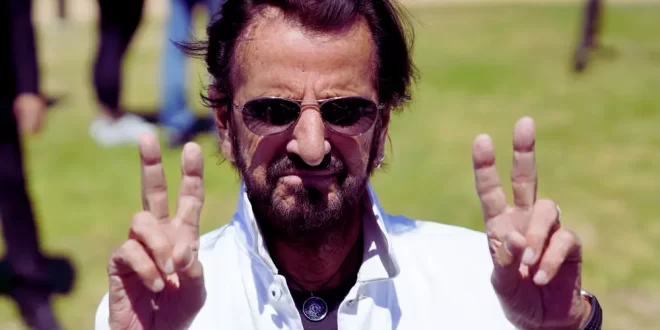
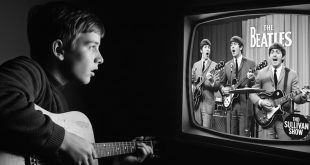

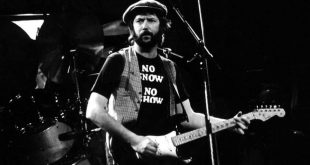
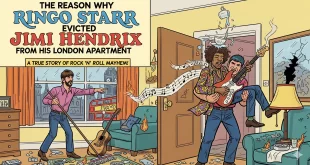
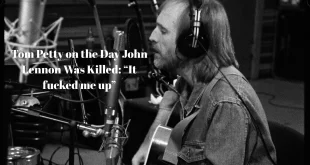
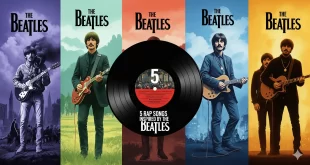
2 comments
Pingback: Elliot Mintz Reveals John Lennon Was ‘Insanely Jealous’ of Paul McCartney’s Wings Success – The Beatles
Pingback: Paul McCartney Reveals the True Meaning Behind The Beatles’ “Helter Skelter” – The Beatles